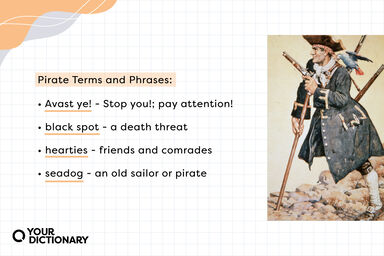His name is not connected with the resistance to the levy of ship-money or to the action of the ecclesiastical courts, but in 1630 he was one of those fined for refusing to take up knighthood.
Even the ship-money Johnson would not pronounce to have been an unconstitutional impost.
The size and importance of Tenterden can be estimated from a receipt of 1635 for 90 ship-money, as compared with £70 contributed by Faversham, and £60 by Hythe.
In 1638 ship-money was levied on Bedfordshire, and in the Civil War that followed, the county was one of the foremost in opposing the king.
The increasing estrangement between him and the nation made him averse from the natural remedy of a parliament, and he reverted to the absolute practices of the middle ages, in order that he might strain them far beyond the warrant of precedent to levy a tax under the name of ship-money, first on the port towns and then on the whole of England.





